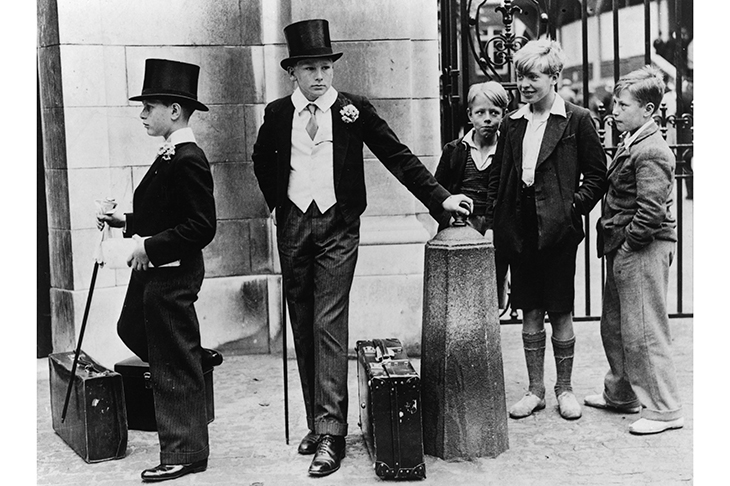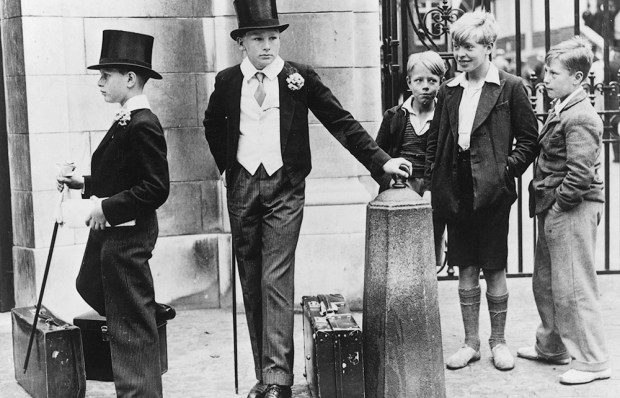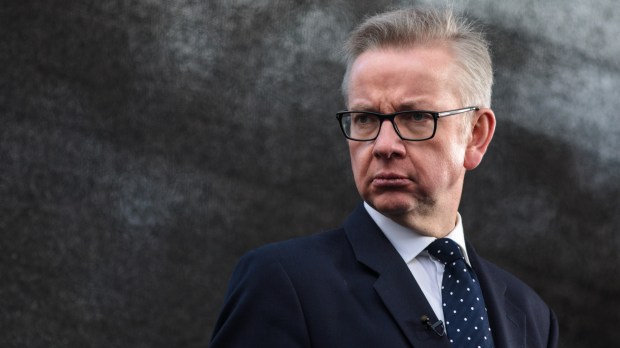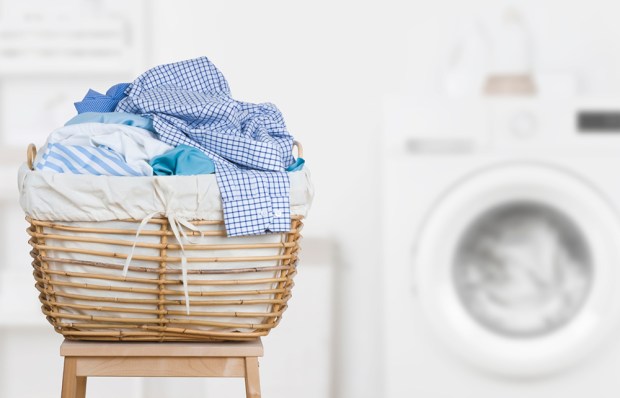I cannot recall a week in which Britain’s private schools have received better PR. The Labour party has pledged to scrap them because of the huge advantages they confer on their pupils — including ‘lifelong networks for the powerful’, according to Owen Jones. Presumably that’s a reference to Jeremy Corbyn, who, thanks to his private school background, has risen to the top of the Labour party in spite of getting two Es at A-level.
Laura Parker, the national coordinator for Momentum, welcomed Labour’s new policy on the grounds that ‘every child deserves a world-class education, not only those who are able to pay for it’. In other words, only private schools are able to provide a ‘world-class education’. No wonder Shami Chakrabarti, Labour’s shadow attorney-general, spends £21,246 a year on sending her son to Dulwich College.
All nonsense, of course. Since 2010, the attainment gap between private schools and state schools has shrunk considerably. This year, the percentage of A-levels taken by private school pupils that were marked A* or A fell to 45.7 per cent, down from 52 per cent a decade ago. And the very best state schools are now getting better results than the best independent schools. The highest-performing sixth-form this year was King’s Maths School, a free school in Lambeth, where more than 90 per cent of students got A* or A across all subjects and 25 per cent secured places at Oxford or Cambridge.
At the Michaela Community School in Wembley — the free school set up by Katharine Birbalsingh — 53 per cent of all the GCSEs taken this year were marked 9, 8 or 7 (A/A* in old money). That’s better than 85 per cent of private schools, which isn’t bad considering there’s no admissions test and 46.8 per cent of the kids are from disadvantaged backgrounds.
I was one of several contributors to an academic study published last year which found that, when it comes to GCSE results, children are no better off at private schools than comprehensives. They get better results on average, but that’s almost entirely due to factors that have nothing to do with the schools. If you control for IQ, prior attainment, parental socioeconomic status and a range of genetic markers linked to attainment, the type of school that children attend accounts for less than 1 per cent of the variance in their GCSE results.
True, private schools confer other advantages — Owen Jones’s ‘networks of the powerful’ — but the effect of these is wildly overstated by their opponents. IQ is a stronger predictor of socioeconomic status than parental socioeconomic status, and we know from twin studies, family studies and adoption studies that genetics plays a far bigger role than the environment when it comes to differences in IQ. Moreover, according to the behavioural geneticist Robert Plomin, the salient parts of the environment are unsystematic, random experiences that are unique to each child, not the school they attend.
The problem with Labour’s policy-makers is that they’re surrounded by anxious, middle-class parents who overestimate the effect of education on their own children’s life chances. I’m not just thinking of Diane Abbott, who sent her son to City of London School, which currently costs £18,939 a year. Jeremy Corbyn’s second wife was so keen to send their eldest son to a grammar school that she was prepared to sacrifice their marriage, and Seumas Milne, his director of strategy and communications, shunned the local comprehensive and sent his two children to grammars. Valerie Vaz, Labour MP for Walsall South and shadow leader of the house, sent her daughter to Latymer Upper School which, as well as being 130 miles from her constituency, costs £20,835 a year.
All their kids would probably have done equally well at the nearest comprehensive, just as the 615,000 children currently in private schools will get the same results if they’re forced to go the state route. In fact, Labour’s new policy would effectively save the super-rich a fortune at no cost to their children’s futures. Annual fees at Harrow are currently £41,775, which works out at more than £200,000 over five years. Thanks to Corbyn’s class warfare, Harrow parents could put that money in a trust fund for their children. And unlike a private school education, that’s a concrete, tangible benefit. Little wonder, then, that all those public schoolboys are bug-eyed Corbynistas. They know which side their bread is buttered on.
Got something to add? Join the discussion and comment below.
Get 10 issues for just $10
Subscribe to The Spectator Australia today for the next 10 magazine issues, plus full online access, for just $10.
You might disagree with half of it, but you’ll enjoy reading all of it. Try your first month for free, then just $2 a week for the remainder of your first year.















Comments
Don't miss out
Join the conversation with other Spectator Australia readers. Subscribe to leave a comment.
SUBSCRIBEAlready a subscriber? Log in